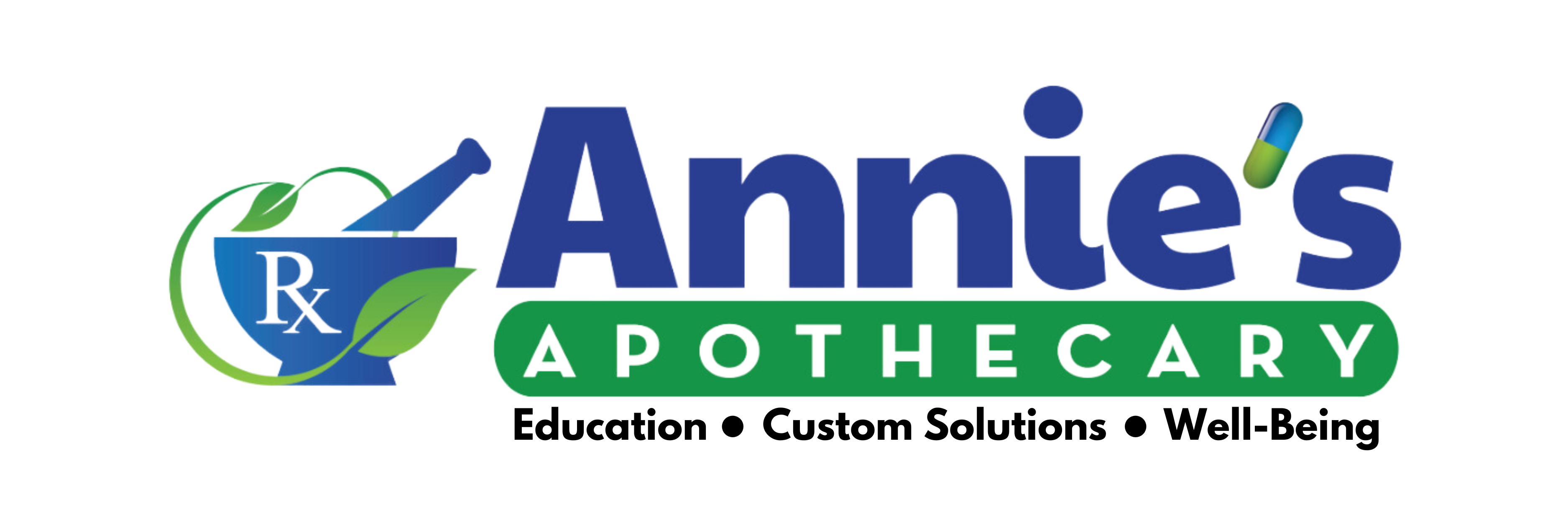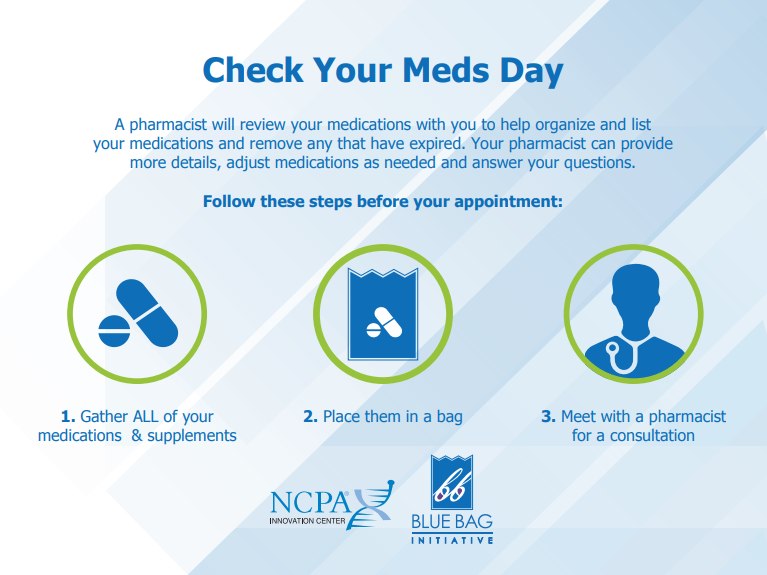If you’re like most Americans, you probably start your day with a hot shower, a cup of coffee—and a handful of pills.
With half of Americans regularly taking prescription medication—four, on average, according to a nationally representative Consumer Reports survey of 1,947 adults—a medication “checkup” can reduce your risk of side effects and interactions, and stop you from taking unnecessary pills.
An annual medication review—or a "brown bag review"—is a good opportunity to make sure you’re taking the right medicines for your condition, and taking them correctly. “Whether you’re taking one, two, or a dozen medications, having a comprehensive medication review with your pharmacist or doctor can help with identifying potential problems,” explains Michael Steinman, M.D., a professor of geriatrics at the University of California in San Francisco. "It can also help your doctor remove medications you might no longer need.”
That's why Consumer Reports, working with the Department of Health and Human Services, has proclaimed October 21st “National Check Your Meds Day”
If even one of the six questions below describes your drug regimen, make an appointment to see your doctor or pharmacist.
1. How many doctors prescribe your meds? A drug review is a good idea even if you have just one physician. But the more you see, the greater the risk of miscommunication and duplicate drugs. So designate one—usually your primary care doctor—to oversee all of your meds.
2. Do you also regularly take over-the-counter drugs or dietary supplements? They can pose risks even though they don’t require a prescription. So make sure you tell your doctor about them, including pills, liquids, drops, and ointments.
3. Do you take more than one drug to treat the same health problem, such as two drugs to treat depression? That’s sometimes necessary to control your condition, but it can also be a red flag that you’re taking a drug you don’t need.
4. Do you need a drug to control the side effects of another? For example, do you take a laxative to ease constipation caused by an opioid? That, too, can be okay if it makes it possible for you to take a drug you require. But check to see whether you can ease side effects by lowering the dose, switching to another drug, or trying lifestyle changes instead.
5. Have you been taking your medication for more than three months? Many conditions, such as diabetes and heart disease, can require drugs for a lifetime. But for some problems, people stay on drugs longer than necessary.
6. Do you struggle to pay for your meds? Our previous surveys have found that doctors often don’t consider the cost of drugs they prescribe. Don’t hesitate to ask about less expensive but equally effective alternatives, including generic versions.

